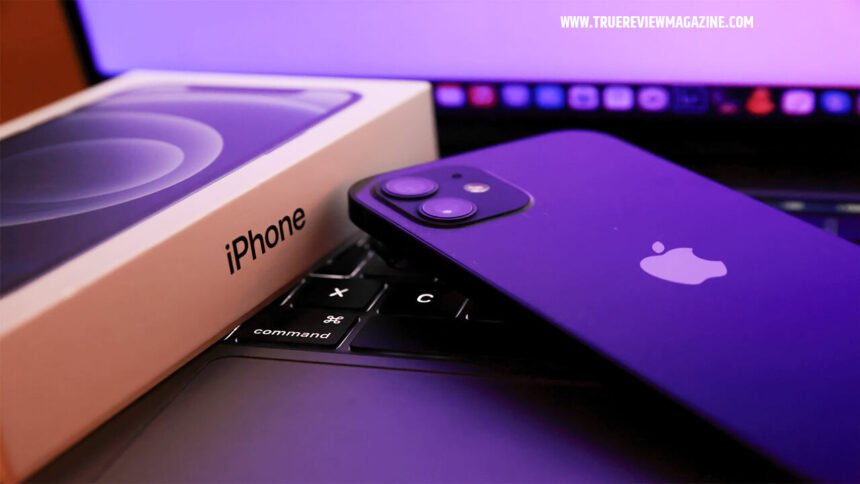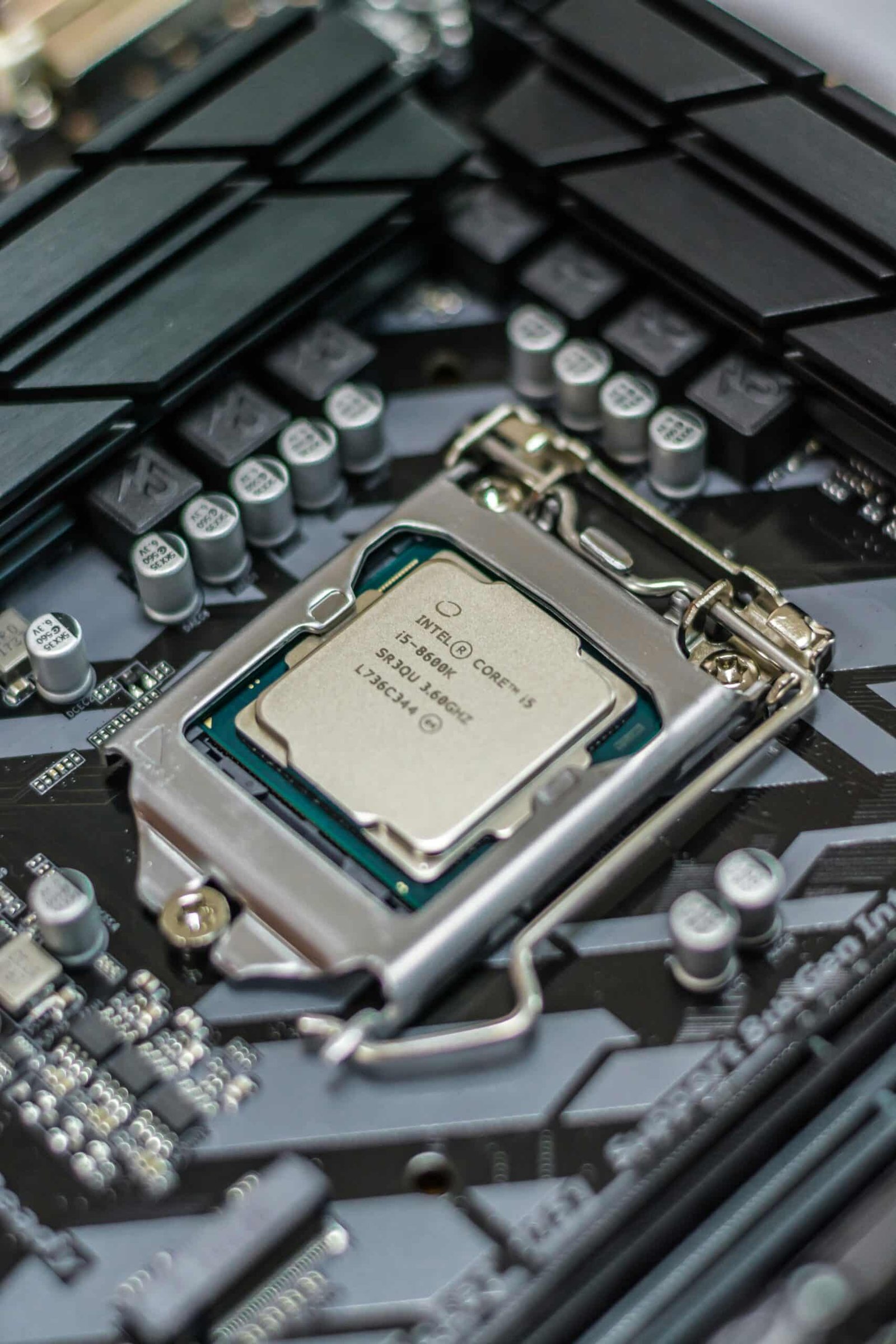Apple has responded to concerns raised by a French watchdog regarding its iPhone 12 model and potential breaches of European Union radiation exposure limits. The French authorities’ actions have prompted discussions of potential bans on iPhone 12 sales in other European countries. Germany’s network regulator, BNetzA, has indicated that it might initiate similar proceedings and is in close communication with French authorities, while Spain’s OCU consumers’ group has urged its own authorities to consider halting iPhone 12 sales.
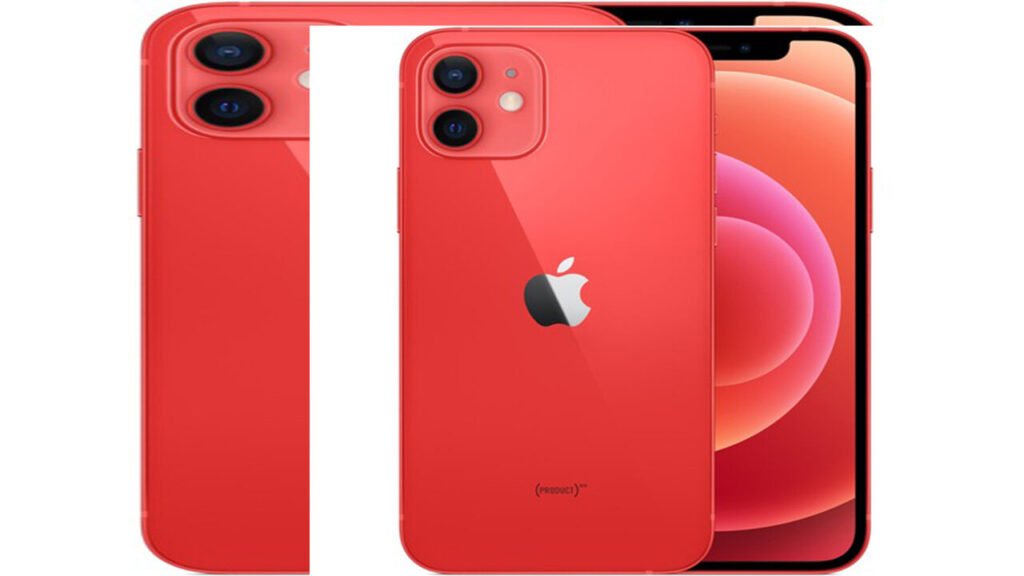
In a statement, Apple maintained that the iPhone 12, which was launched in 2020, has received certification from multiple international bodies verifying its compliance with global radiation standards. The company also claimed to have provided various lab results, both from Apple and third-party sources, demonstrating the phone’s adherence to the French agency’s requirements. Apple is actively contesting the findings of the French watchdog.

Over the last two decades, researchers have conducted numerous studies to evaluate the potential health risks associated with mobile phone use. According to the World Health Organization (WHO), there is currently no conclusive evidence linking mobile phone use to adverse health effects.
France’s Agence Nationale des Fréquences (ANFR) instructed Apple to suspend iPhone 12 sales in France, citing tests that indicated the phone’s Specific Absorption Rate (SAR), a measure of radiofrequency energy absorbed by the body, exceeded legally allowable levels. The watchdog has stated its intention to send agents to Apple stores and other distributors to ensure the model is no longer available for sale, with the possibility of recalling already-sold iPhone 12 units if Apple fails to comply.
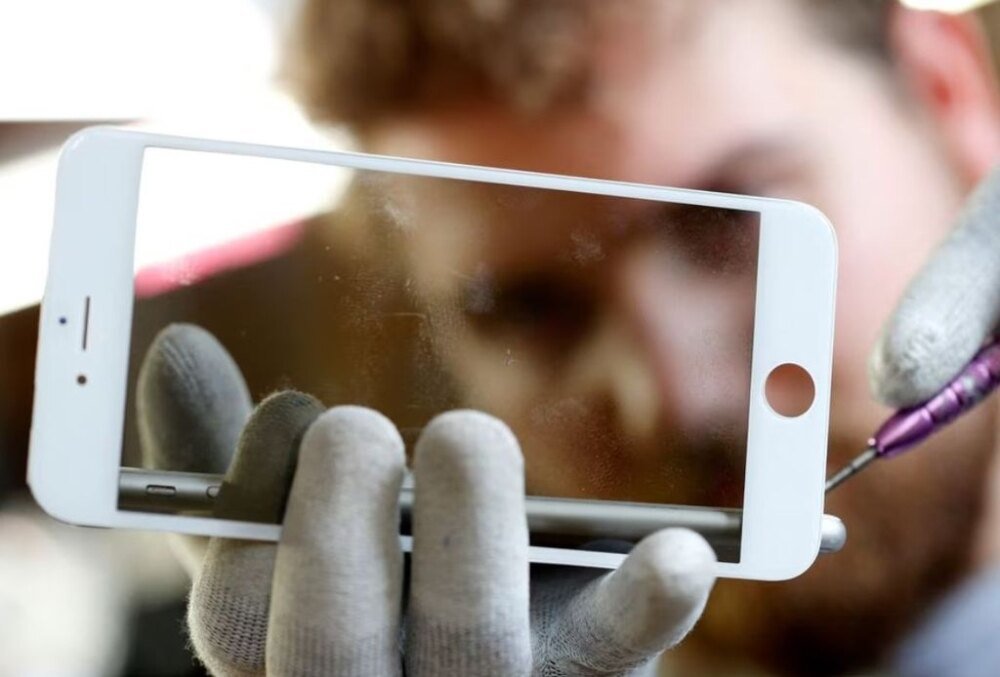
Industry experts emphasize that there are no apparent safety risks associated with the iPhone 12, as regulatory SAR limits are set well below levels at which scientific evidence of harm has been found. Professor Rodney Croft, Chair of the International Commission on Non-Ionizing Radiation Protection (ICNIRP), which establishes global guidelines for SAR limits, has noted that the limits are designed to prevent burns or heatstroke from phone radiation and are already set ten times lower than the threshold of harm.
Croft pointed out that the French findings may differ from those of other regulators because ANFR evaluates radiation assuming direct skin contact without any intermediate textile layers between the device and the user. Additionally, a French government source mentioned that the French test methodology differs from that employed by Apple.
It’s worth noting that smartphone radiation tests have resulted in 42 sales suspensions in France, marking the first instance of Apple being affected by such measures. France’s junior minister for the digital economy, Jean-Noel Barrot, suggested that a software update could address the radiation concerns and expects Apple to respond within two weeks. If Apple fails to address the issue, it is prepared to order a recall of all circulating iPhone 12 units, stating that the rule applies to all, including digital giants.
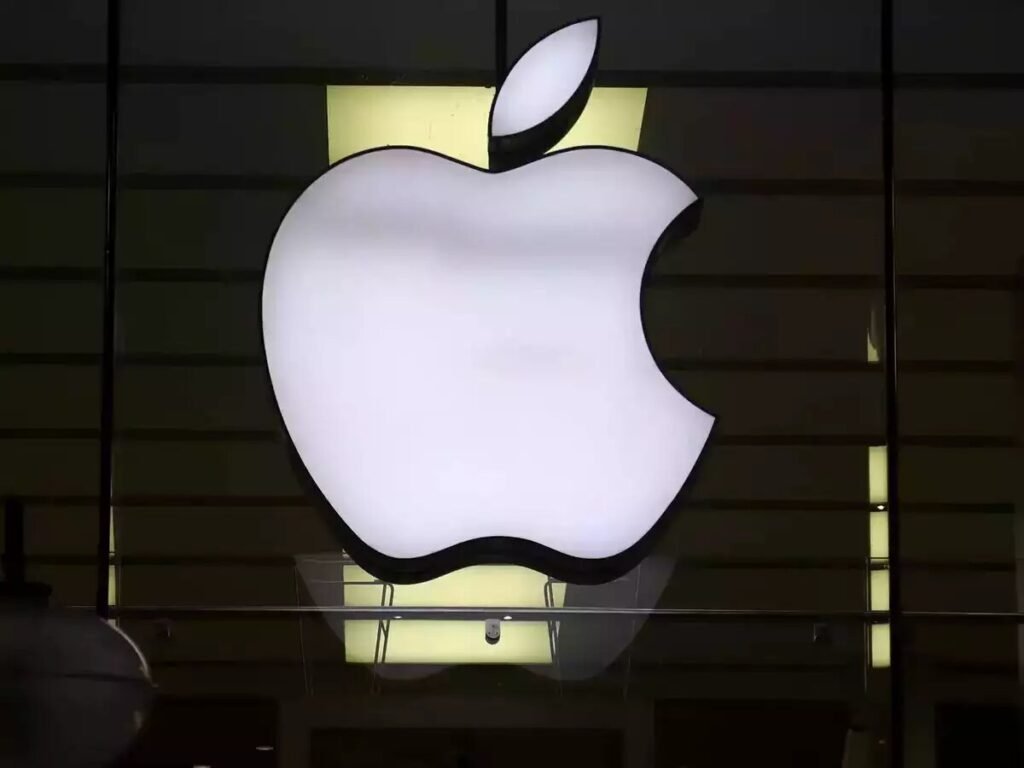
ANFR will share its findings with regulators in other European Union member states, potentially leading to a broader impact on the sale of the iPhone 12 in Europe. Germany’s BNetzA network regulator has expressed the possibility of initiating similar actions in Germany. Germany’s radiation watchdog, BfS, has also highlighted the potential implications for the entire European market.
Apple does not disclose its sales figures by country or model, but Europe represents a significant portion of its revenue, with estimates suggesting it sold over 50 million iPhones in Europe in the previous year. It’s important to note that Apple recently launched the iPhone 15.
In 2011, the International Agency for Research on Cancer classified the radiofrequency electromagnetic fields generated by mobile phone use as “possibly carcinogenic.” This classification, which also includes items like the sweetener aspartame, aloe vera extract, and certain pickled vegetables, indicates that there is limited evidence suggesting a potential link to cancer and serves as a call for further research.
Read more: https://truereviewmagazine.com/




